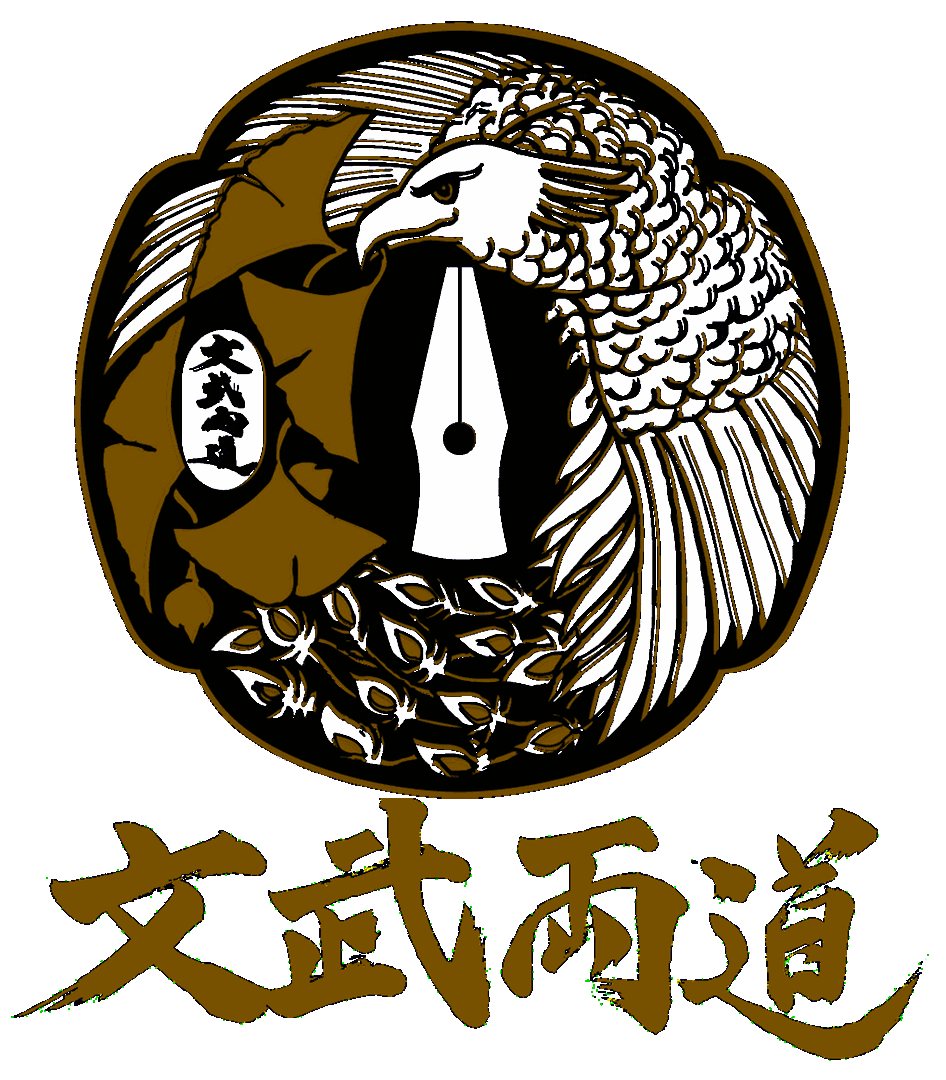Member Codes of Conduct
This document is divided into two key parts. It is important that all members familiarise themselves with these Codes, and they are essential to maintaining a safe and enjoyable environment in which to participate in the martial arts.
Objectives and Dojo Kun
Dojo Kun:
Integrity (誠, makoto)
Perseverance (根気, konki)
Compassion (仁, jin)
The key objectives of the Club are:
Providing instruction in a safe environment in the martial arts.
Promotion of good health and vitality.
Development of positive self-esteem and self-confidence.
Development of a person as a positive role model in the community.
Developing healthy community attitudes and values.
Developing the mental and physical tools for improving personal safety and security.
Facilitate the preparation of students for competition where appropriate.
All persons participating in a class or course conducted by Club must agree to be bound by its Codes of Conduct. The Club reserves the right to make amendments or additions to this Code of Conduct at any time.
Member's Obligations are to:
Conduct themselves in a manner that is consistent with being a good representative of the Club and the University
Be diligent in all aspects of their life including their training.
When at training, as much as is possible, leave your "real world" concerns at the door along with your shoes.
Provide service to the Club and the broader community as is possible within their means to do so.
Act in a polite and courteous manner in all circumstances.
Promote harmony, tolerance, curiosity and engagement both inside and outside the Club.
Member's Rights include to:
Always be treated courteously and respectfully.
Be able to train and socialise in a safe, supportive and appropriate environment so that they can work towards their own training goals.
Receive excellent training in the disciplines of their choice from competent, qualified and dedicated instructors.
Be provided with opportunities for evaluation, competition and recognition where appropriate.
Be listened to and given fair reception of questions, comments, queries or issues raised.
More detailed expectations are outlined in the Club Code of Conduct.
This page last updated December 2020
General Code of Conduct
The Club is bound by the relevant University of Southern Queensland policies regarding appropriate behaviour. In effect, any activity of the Club including training and interactions between Club members is considered an extension of the University environment. By being a member of the Club you become a part of the University community and hence Members are expected to comply with these expectations.
A full list of the University's policies on this matter can be found at:
There are a few "take home" messages from these rather lengthy documents that are critical to the operation of a safe, positive and constructive space required for training in the martial arts. The most important is that we have no tolerance for behaviour that makes the experience of others unpleasant or unsafe, and we reserve the right to exclude individuals from participating in Club activities if they create such an experience.
It is accepted that the nature of practice in the martial arts can involve close physical contact, physical discomfort and psychological challenge. Additionally, having fun, and engaging in banter or robust discussion in a firm but polite manner is a part of being in a Club. However, such actions can cause distress (most often unintended), and you must be both mindful of such consequences and take responsibility for your words and actions.
We are particularly vigilant for behaviour that may cause harm to an individual or to the Club. This is includes any behaviour that is considered by the recipient or a bystander to constitute:
Physical intimidation, threat or harassment
Any behaviour, language or unwanted sexual advances, that result in anyone feeling uncomfortable, threatened, in danger, or harassed.
False, misleading, or vexatious statements and actions made about an individual, a group or the Club.
As noted earlier, the Club follows the University's Complaints Resolution Policy and Procedure in such matters. Should you have a concern, please contact John Gillies at Johndgillies92@gmail.com who is the Club’s appointed Member Protection Officer or president@bbrd.org.au. Your concern will be dealt with confidentially and expediently, and you can expect a range of outcomes from mediation to possible sanction of a member who is not willing to abide by this code of conduct.
Above all, members are expected to be polite, respectful and professional in all of their dealings either inside or outside the Club.

